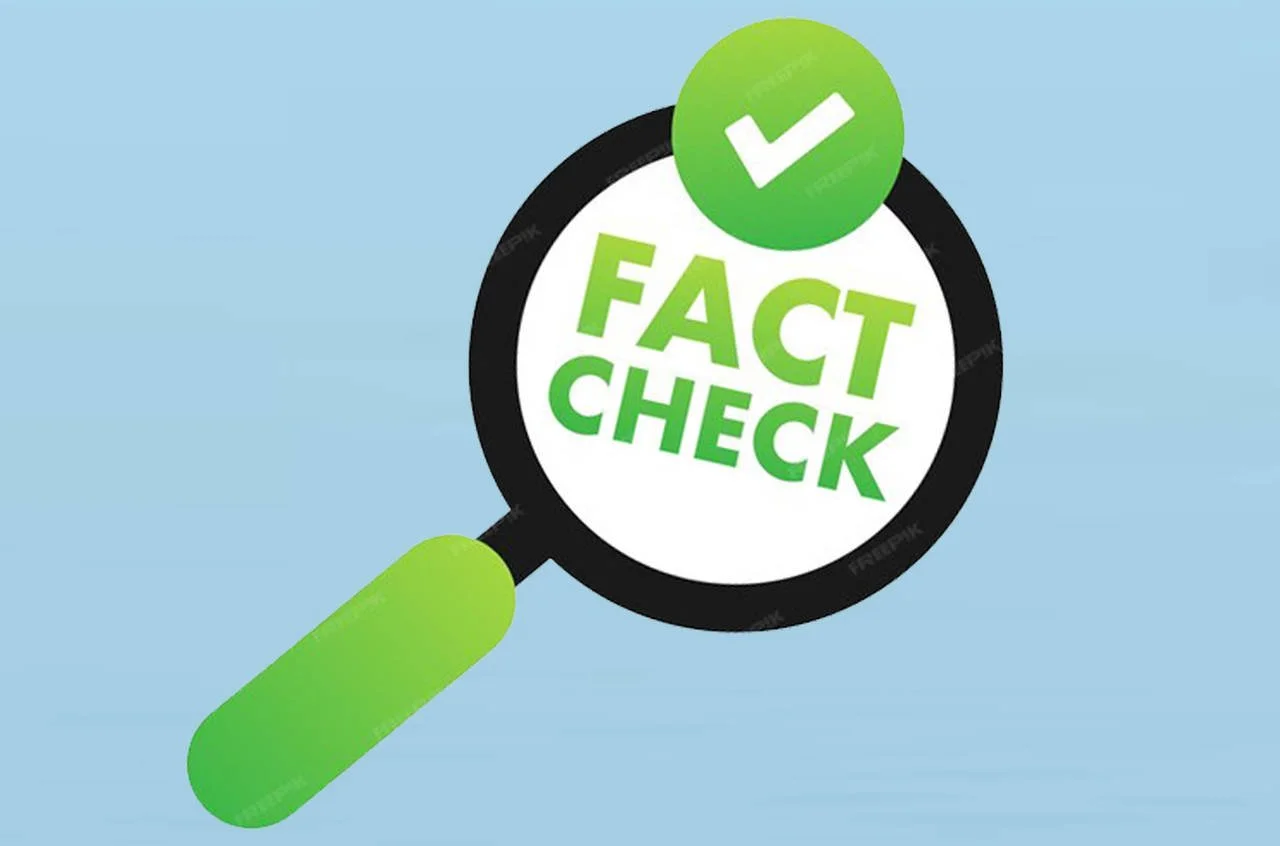Fact-checking is the process of verifying the accuracy of information, whether it is written, spoken, or visual. This is done by searching for reliable sources and verifying the accuracy of the data and information contained in the news or statement to be checked.
Fact-checking stages
The fact-checking process includes the following steps:
- Identifying the information to be checked: The information to be checked is accurately identified, such as the title, clip, image, or video.
- Searching for reliable sources: Reliable sources for the information to be checked are searched, such as government news sites, scientific institutions, or non-governmental organizations.
- Verifying the accuracy of data and information: The accuracy of the data and information contained in reliable sources is verified, such as comparing the information contained in different sources or verifying the authenticity of images or videos.
- Issuing a fact-checking report: A fact-checking report is issued that shows the results of the verification process, such as whether the information is correct, incorrect, or misleading.
History of fact-checking
The roots of fact-checking go back to ancient times, where the accuracy of historical and literary information was verified by scientists and researchers. With the emergence of the printed press in the 19th century, fact-checking became an important part of the work of journalists, in order to ensure the accuracy and integrity of the news that is published.
In the modern era, fact-checking has become more important than ever before, due to the spread of misinformation on social media. There are now many institutions and groups that work on fact-checking, such as the American platform "FactCheck.org," and many related Arabic websites.
Importance of fact-checking
The importance of fact-checking is as follows:
- Ensuring the accuracy of information: Fact-checking helps to ensure the accuracy of the information that is published, which contributes to building a society based on accurate information.
- Protecting the public from misinformation: Fact-checking helps to protect the public from misinformation that can lead to making wrong decisions.
- Promoting democracy: Fact-checking helps to promote democracy, by providing accurate information to citizens, which helps them to make informed decisions in elections and public issues.
Conclusion
Fact-checking is an important process for ensuring the accuracy of information and protecting the public from misinformation. Fact-checking has become more important than ever before in the digital age, where it has become easy to spread misinformation on social media.
Source: Yemeni Network for Fact-Checking + Google AI





